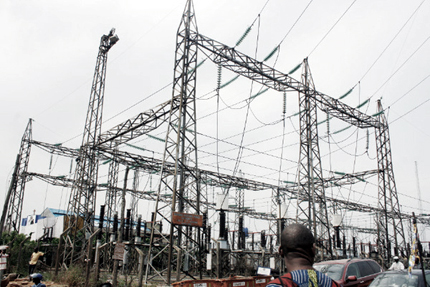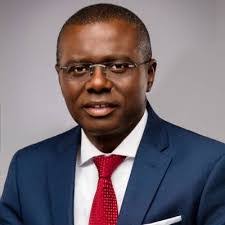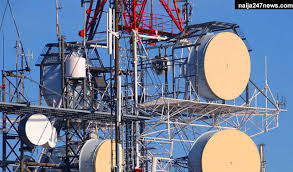

Related Articles
FG Approves New Equity Criteria For FMBN’s Loans
The Federal Government on Thursday approved new equity requirements for Nigerians who wish to buy houses below N5 million and above using mortgage loans from the Federal Mortgage Bank of Nigeria (FMBN). By the latest requirement, applicants for mortgage loans below N5 million will no longer have to provide any equity deposit to the FMBN. […]
We Have Built 3,526 Housing Units Through PPP – Sanwo-Olu
Lagos State Governor, Babajide Sanwo-Olu, on Thursday disclosed that his administration had inaugurated more than 15 housing projects and 3,526 housing units since he assumed office in 2019. Sanwo-Olu, who gave these figures at the 2nd Stakeholders’ Summit of the Real Estate Developers Association of Nigeria (REDAN), Lagos State Chapter, held in Lagos said that […]
Nigeria’s Broadband Connections Hit 92.5Mn In February
The Nigerian Communications Commission (NCC) has reported that broadband connections in the country marginally increased to 92.5 million in February 2023, indicating an increase of 550,223 connections higher than the 92 million recorded in the preceding month. The just published data on broadband subscriptions in the month under review by the telecom industry’s regulator showed […]


